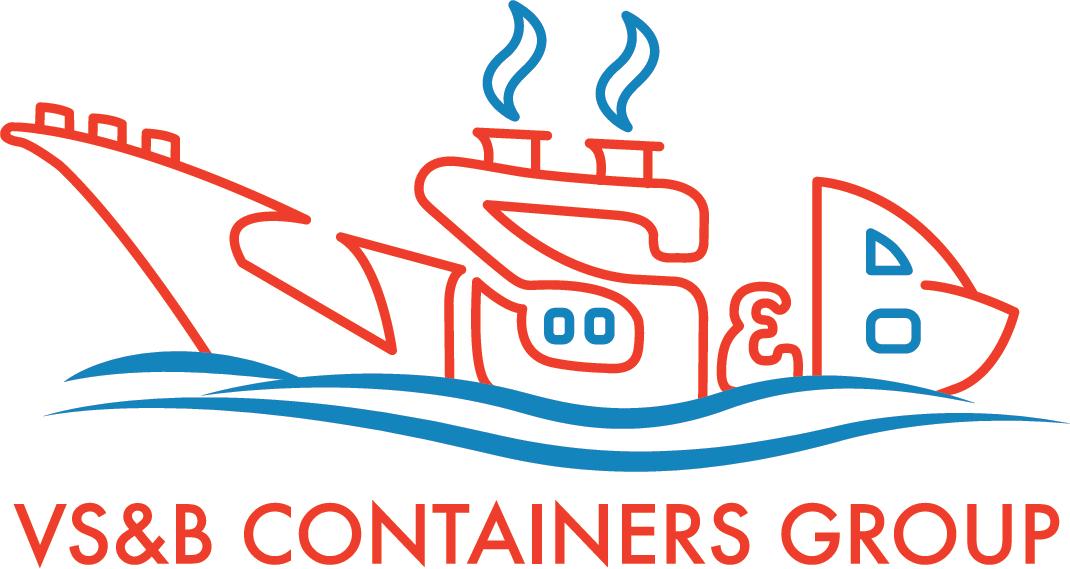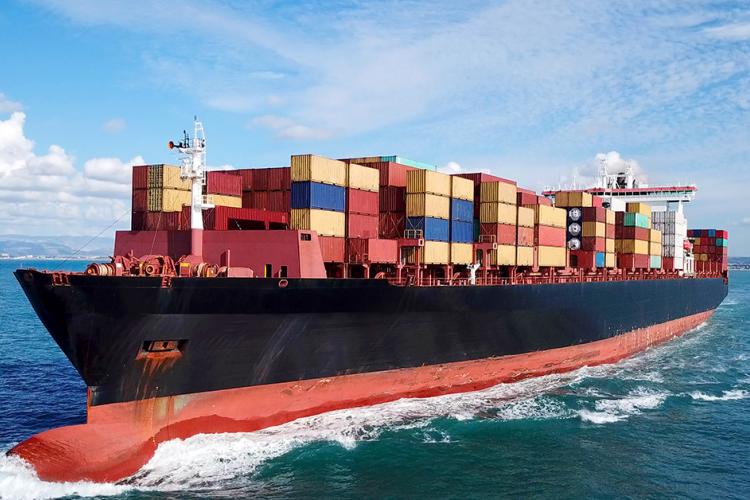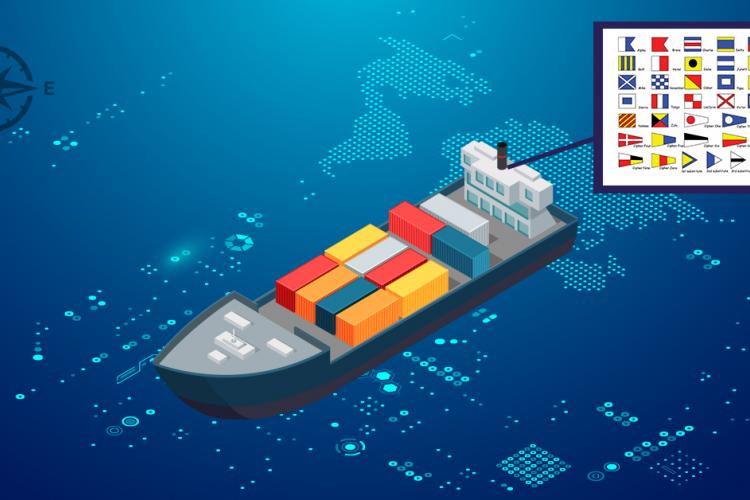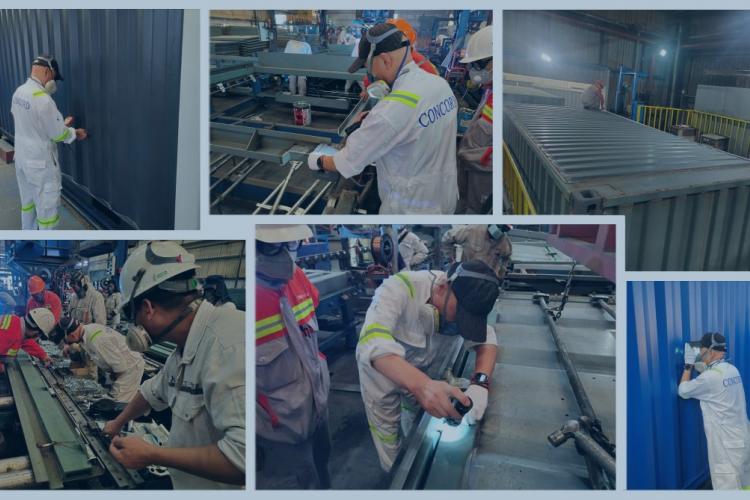Imagine you’re navigating half a century back in time! How would the ships and ports of those bygone times appear to you? The stark contrast you will experience compared with the scenario today will give us a good impression about the pace at which shipping has progressed over the decades. Even back then, industry experts had rightly said that standardized containers would revolutionize the economics and convenience of shipping merchandize far and wide across the oceans and deep into the interiors by rail and roadways.
9 October 2021
The Federation of Freight Owners Association describes abandoned cargo as goods which the consignee has no intention to take delivery even after the elapse of a reasonable period of its arrival at the destination port. It also includes instances where the consignee cannot be identified or located.
26 September 2021
The COVID-19 pandemic took the world by storm last year and the consequential shutdowns of factories and offices continue to have ramifications today. The emergence of new coronavirus variants is adding to the already crippled supply chains, while events like the accidental Suez Canal blockage in March this year by a giant container ship and its consequences point to the fact that the shipping & logistics industry is yet to regain traction.
20 September 2021
It’s an everyday sight to see aircraft flying over the horizon. It’s something one would not give a second look or even raise an eyebrow because airplanes fly, anyway. But how would you feel seeing a gigantic ship suspended mid-air above the oceans? Would you not be wonder-struck thinking how that could ever be possible!? Such a possibility undermines human imagination. Is that a miracle that one may call the eighth wonder of the world or a natural phenomenon behind which there’s an established scientific explanation?
14 September 2021
The International Code of Signals is a universally followed standardized classification of signals and codes that vessels use for communicating with one another on navigational safety and other related issues. These codes are a systematic progression of the different maritime flag signaling methods used during the earlier times.
6 September 2021
Shipping containers perform a critical role in the global trade & commerce industry. This can be gauged from the fact that ocean carriers are responsible for transporting 90% of the world’s finished goods & raw material, where shipping containers themselves constitute a major portion of this volume. Any disruption in the free movement or availability of containers for trade leaves behind ripple effects in industries dependent on raw materials as well as the consumer goods market. It also impacts various other activities reliant on the shipping industry.
31 August 2021
One-trip containers are a category of containers that have made a sole trip carrying cargo to its destination before getting ready to look for a new buyer. Such containers have spent relatively less time sailing the oceans, so they’re in peak condition when put up for sale. As we can infer, they cannot be termed brand new, but they’ve not been used for multiple voyages either. This means One-trip containers preserve their original utility and characteristics, but are priced lower than the “brand new” ones for having endured minor dents and scratches during the lone trip they undertook.
23 August 2021
The objects we use daily, be it housing, vehicle, equipment or even the clothes we wear on special occasions, are owned by us, or rented for a fixed period. Now, when we relate such a scenario to shipping and logistics, an obvious question that should arise in our mind is, “who owns the containers that serve a vital role in ferrying goods, and what happens to the containers after they have performed their jobs?”
17 August 2021
Transportation of freight in shipping containers is a primary feature of the logistics business, and we know from our experience that businesses will continue to face increasing costs and challenges throughout the supply chain process.
5 August 2021
Visualize a world where a woman is a master, chief officer or chief engineer with control over the course and destiny of a ship. The maritime industry is beginning to realize the need to bring about gender diversity in different fields of their activities.











